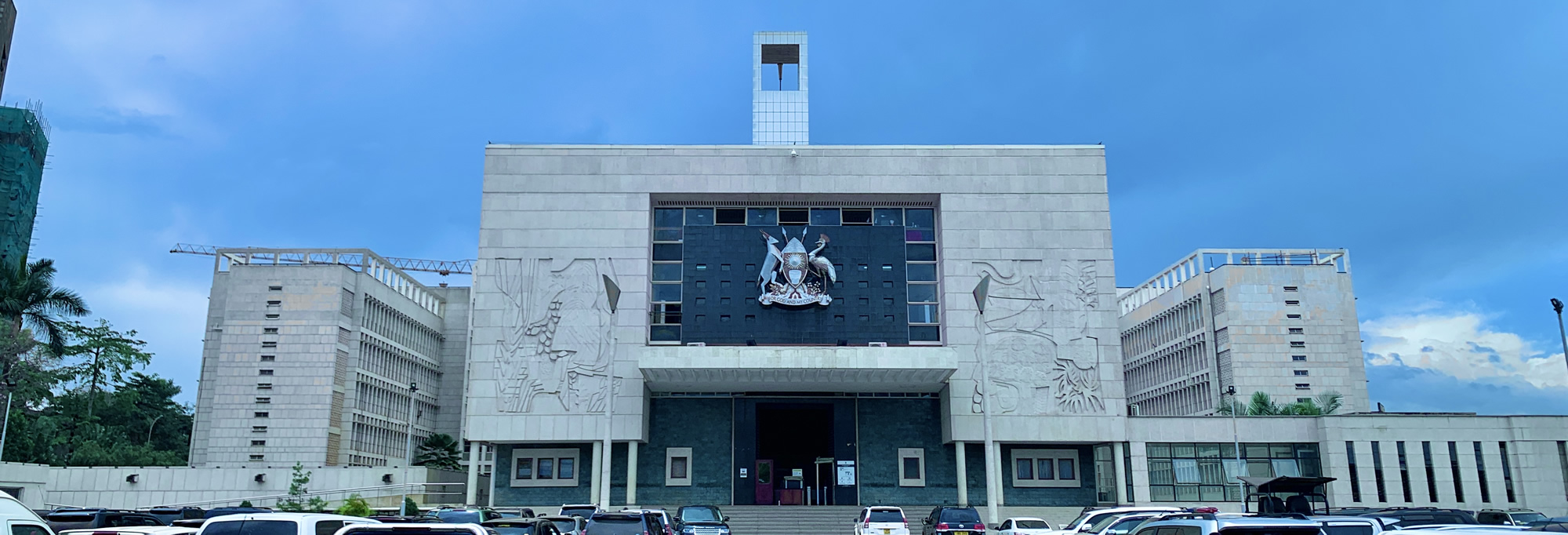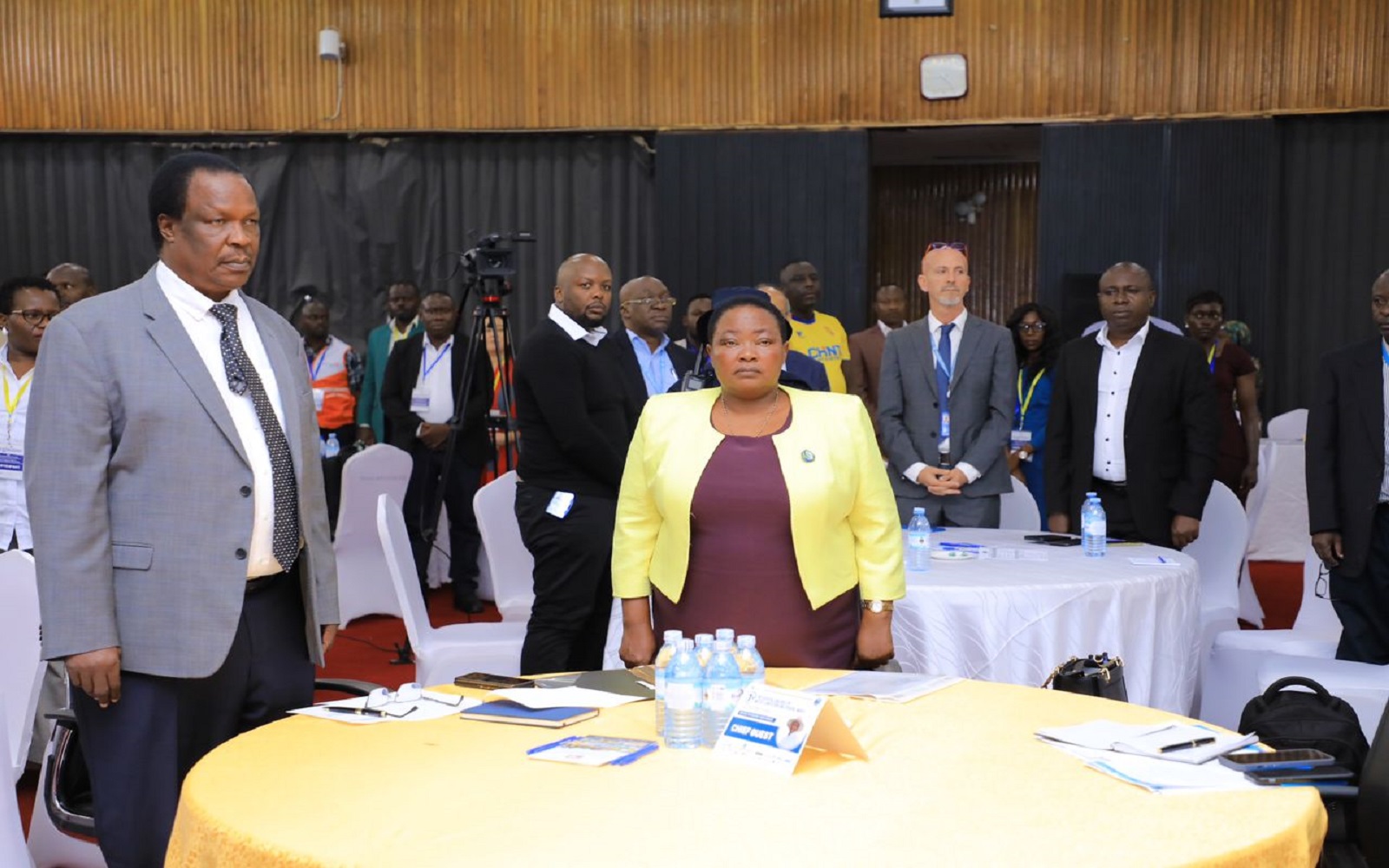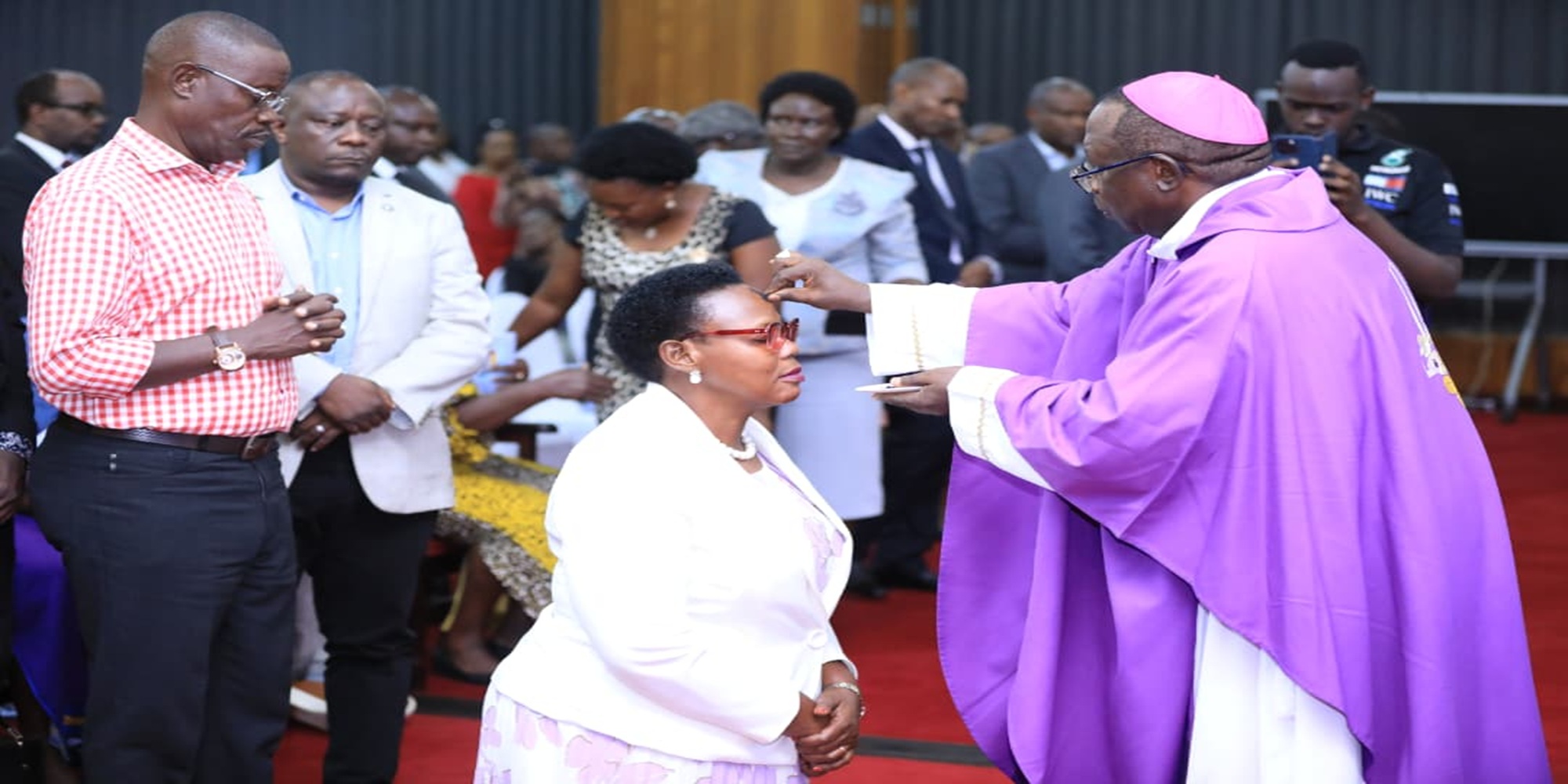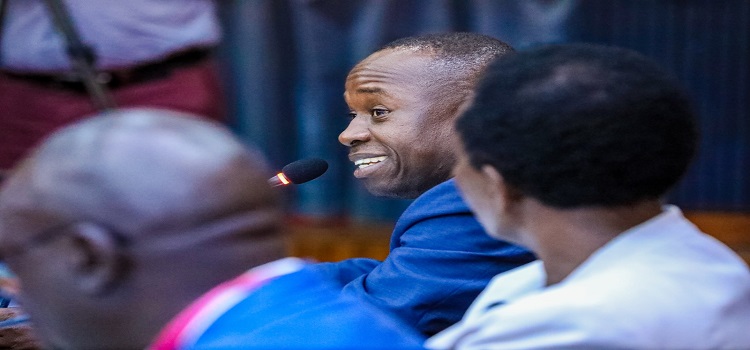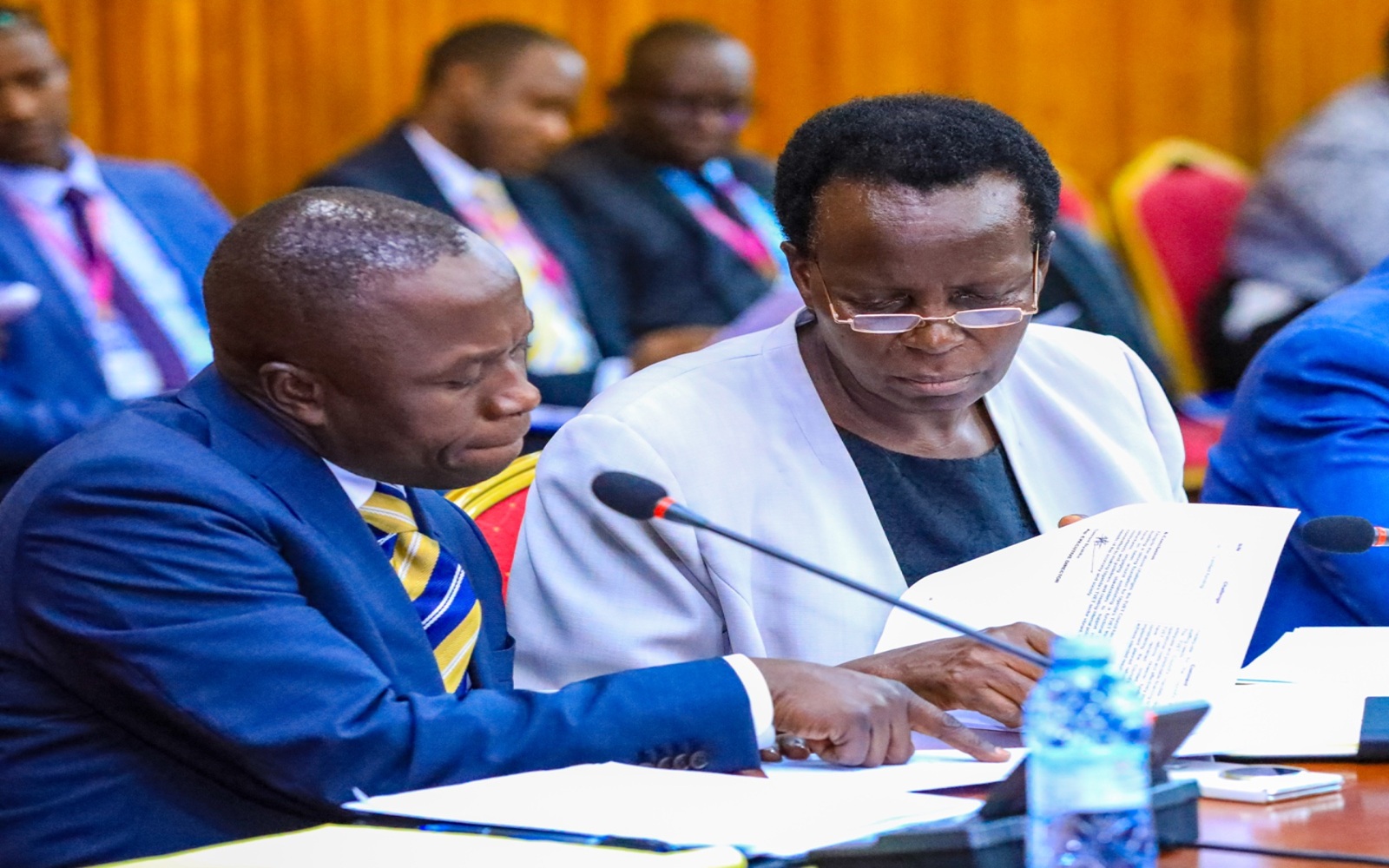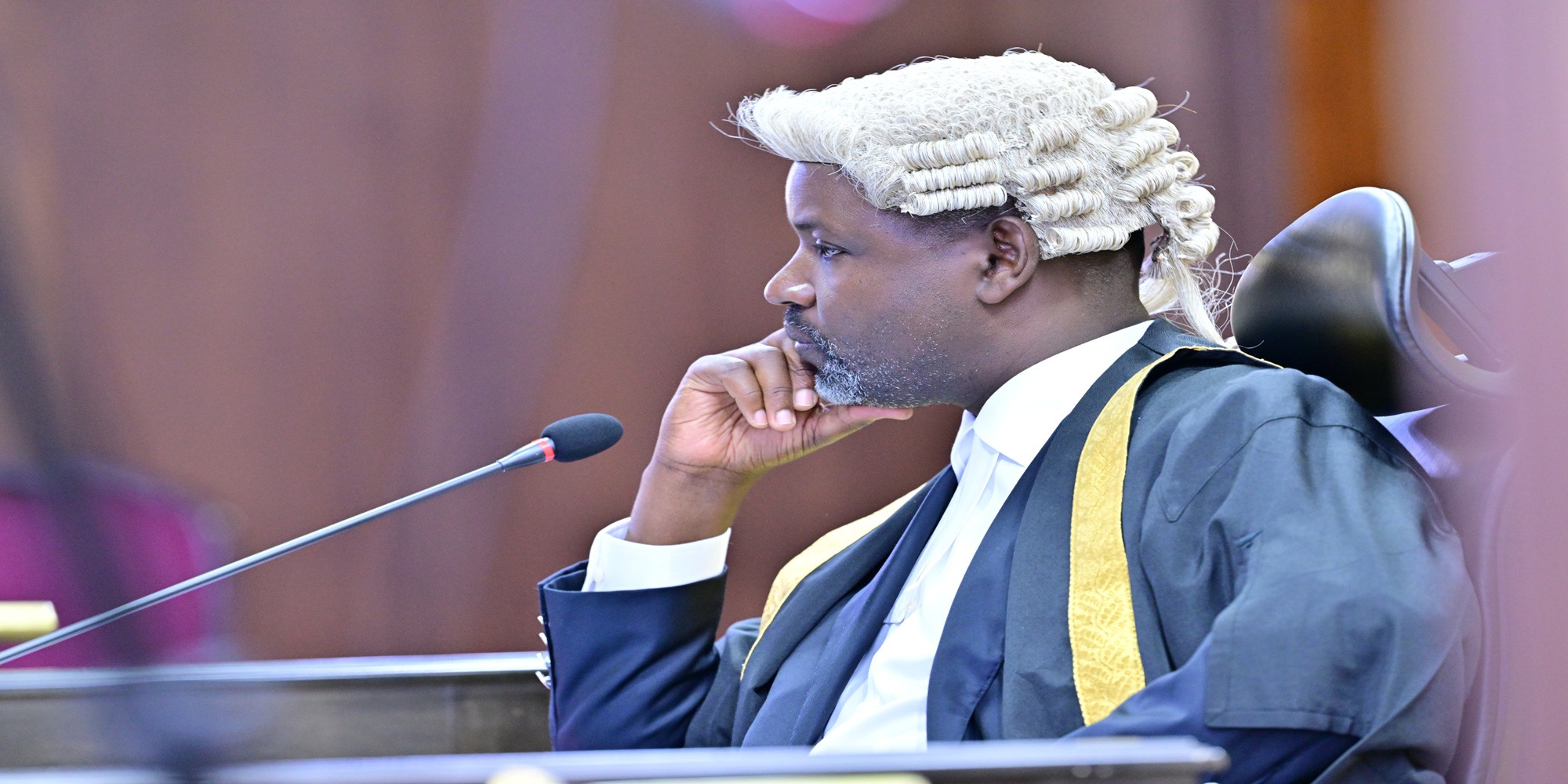The Prime Minister, Robinah Nabbanja, has said that the Government’s effort to extend water, sanitation and hygiene services to more areas around the country is on track.
The premier made this revelation while presiding at the Water, Sanitation and Hygiene (WASH) dialogue at Parliament on Friday, 11 October 2024.
Nabbanja reiterated government’s commitment to enhancing access to WASH services by reducing the distance to the nearest safe water source to less than one kilometre in rural areas and half a kilometre in urban areas.
She also called on religious, cultural and local leaders to promote handwashing as a daily practice to prevent infectious diseases.
The Commissioner for Rural Water Supply and Sanitation in the Ministry of Water and Environment, Eng. Dr Joseph Oriono Eyatu, emphasised that equitable access to WASH services is fundamental to health, productivity and a dignified life.
“Millions of children die prematurely from illnesses linked to lack of WASH services. This is unacceptable especially since rural populations bear a disproportionate burden with costs estimated at Shs4.3 billion, double what is spent by those in urban areas,” he stated.
He further explained that the time lost due to WASH-related issues in rural areas costs an estimated Shs210 billion annually compared to half the amount in urban areas.
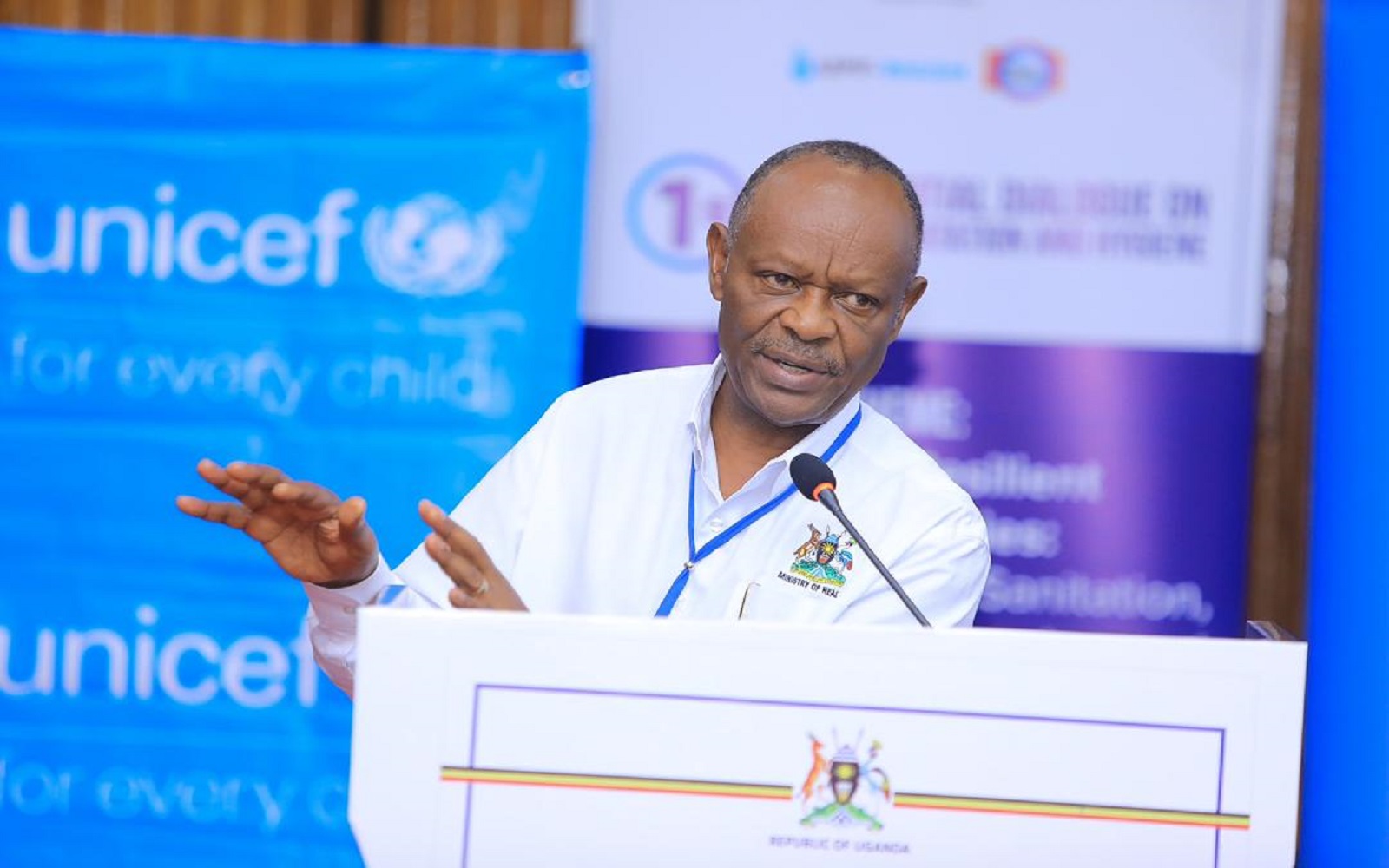
Similarly, Dr Henry Mwebesa, the Director General of Health Services in the Ministry of Health highlighted the country's WASH-related challenges noting that 75 per cent of Uganda's disease burden is preventable.
“WASH is a critical front line defence against the spread of infectious diseases, which account for about 30 per cent of our health sector challenges,” Mwebesa said.
Abim District Woman MP, Hon. Janet Okori-Moe appealed for more water sources like boreholes which she said forces women and children to trek long distances for water.
"Without access to water, even the education sector is affected. Teachers report to school late because they must wait for water to refresh before attending classes," she said.
Buyende District Woman Representative, Hon. Mary Annet Nakato revealed that water shortages in Buyende have contributed to domestic violence due to long waiting times at broken boreholes.
The dialogue, attended by representatives from UNICEF, UNHCR and civil society organisations was convened under the theme, Building Resilient Communities; Prioritising Water, Sanitation, and Hygiene Financing and Investment.
